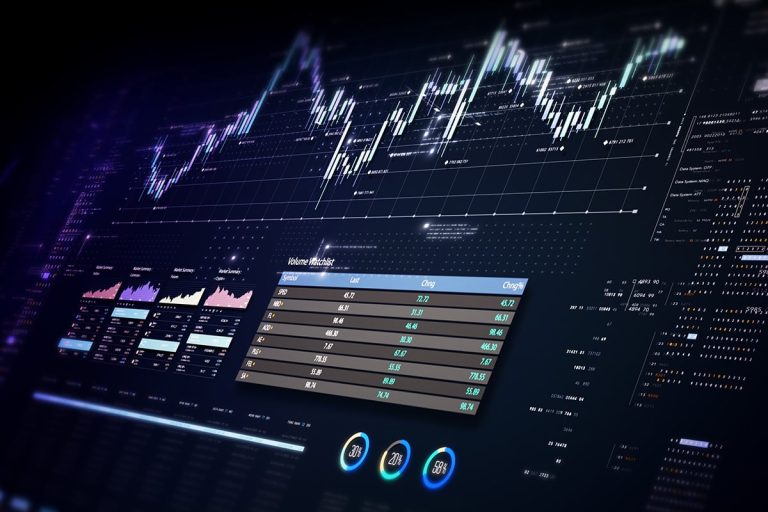
Navigating the Future: Emerging Trends in Fintech Technology
Fintech technology is revolutionizing the way we think about finance. With emerging trends like blockchain, artificial intelligence, and the Internet of Things (IoT), the financial landscape is changing rapidly. In this article, we will explore the latest advancements in fintech technology and discuss how they are shaping the future of finance.
Introduction to Fintech

Fintech, short for financial technology, refers to the intersection of finance and technology. It involves the use of technology to improve and automate financial services, making them more accessible, efficient, and cost-effective. Fintech has been around for several decades, but it has gained significant momentum in recent years, with the rise of digital payments, mobile banking, and cryptocurrencies.
Emerging Trends in Fintech

There are several emerging trends in fintech that are worth exploring. These include:
- Blockchain Technology: Blockchain is a distributed ledger technology that enables secure, transparent, and tamper-proof transactions. It has the potential to revolutionize the way we think about finance, from cross-border payments to securities trading.
- Artificial Intelligence (AI): AI is being used in fintech to improve customer service, detect fraud, and optimize investment portfolios. It has the potential to make financial services more personalized and efficient.
- Internet of Things (IoT): The IoT refers to the network of physical devices, vehicles, and other items that are embedded with sensors, software, and connectivity, allowing them to collect and exchange data. In fintech, the IoT is being used to enable contactless payments, track financial transactions, and monitor supply chains.
- Cloud Computing: Cloud computing is being used in fintech to provide scalable, secure, and on-demand access to financial applications and data. It has the potential to reduce costs, improve collaboration, and enhance customer experience.
Applications of Fintech

Fintech has a wide range of applications, from mobile payments to investment management. Some of the most significant applications of fintech include:
- Digital Payments: Fintech has enabled the development of digital payment systems, such as mobile wallets, contactless cards, and cryptocurrencies.
- Mobile Banking: Fintech has made it possible for people to access banking services on their mobile devices, anytime and anywhere.
- Investment Management: Fintech has enabled the development of robo-advisors, which provide automated investment advice and portfolio management.
- Risk Management: Fintech has enabled the development of advanced risk management systems, which use machine learning and data analytics to detect and prevent financial risks.
Conclusion

In conclusion, fintech technology is transforming the financial landscape, enabling faster, cheaper, and more secure transactions. The emerging trends in fintech, including blockchain, AI, and the IoT, have the potential to revolutionize the way we think about finance. As fintech continues to evolve, we can expect to see new and innovative applications that will shape the future of finance.


